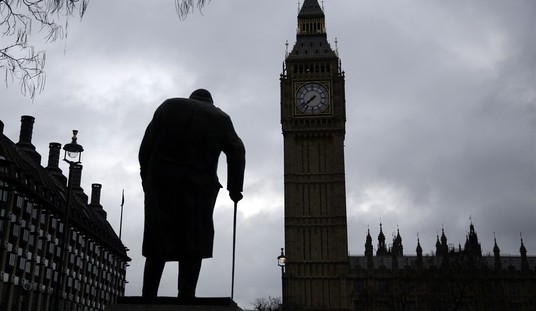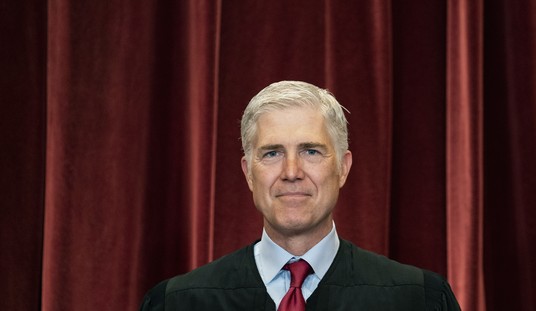I decided to move to Israel (make aliyah) when I was 28, and came to live here with my family when I was 30. At the age of 28, I knew zero Hebrew; by the time we made aliyah I had learned just a little from a cassette-tape course. (Yes, there were things called cassette tapes back then.)
Our first residence in Israel was an absorption center in the town of Hadera on the coastal plain. There we had to take an intensive Hebrew course—meaning I immediately started learning this difficult language more seriously. And right away, even with only a few words and phrases at my disposal, I started to feel connected to my new environment in ways I couldn’t have if English had still been the only language residing in my brain.
1. I felt deeply linked to the ancient past.
The more biblical term for where we were, rather than “coastal plain,” is “Sharon plain” (Sha-rone). As in what is possibly the most beautiful Hebrew poem ever written, the biblical Song of Songs (or Song of Solomon, 2:1):
I am a rose of Sharon, a lily of the valleys.
It was early September when we arrived. The absorption center was on the outskirts of the town, and the “plain” around us was lush and beautiful. And I thought: “This is the Sharon plain. When someone wrote ‘rose of Sharon,’ this is what they meant. Ancient Jews lived here and saw the same things, used the same Hebrew words that I’m now learning.”
It came upon me more and more as I took walks in the nearby park and orchard. Until then—having been in Israel only once for a short time—that distant past had been an abstraction to me. Now I had an almost mystical sense of its nearness. Those people, my ancestors, had really been here.
2. I could really converse with Israelis and find out what their inner worlds are like.
People are, of course, most comfortable and authentic in their own language. I’ve seen even Israelis who are quite proficient in English who, when talking to Americans or other English speakers, put up—not intentionally—something of a false front, a strained self-consciousness taking over.
By now I’ve been here for thirty years. I’ve served in the army, worked twelve years in an Israeli workplace, been in the dating scene. Of course, Israelis can’t be summed up neatly, any more than any other group. The full human gamut is here.
But I’ve been curious about how Israelis—most of all, native Israelis—feel about being Jewish and Israeli and about the world out there. Some things I’ve found out: the sense of being Jewish is organic and not too distinct from the sense of being Israeli. There’s usually a sense of being linked to Diaspora Jews along with very little understanding of them (it runs in both directions). As for the world out there, generally there’s a deep-seated sense of it being hostile and hypocritical in how it relates to Israel. Left-wing Israelis have it too; they convince themselves that it’s Israel’s fault, but deeper down they have similar feelings to other Israelis.
Hebrew, in any case, is the royal road—much better than any other—to finding out about these things.
3. I could understand Israeli songs, so central to the culture and ethos.
One can’t exaggerate the role that Hebrew songs have played in Israel, from pre-statehood days to today. As a kid, they were one of the first things—without, of course, understanding the words—that attracted me to Israel. Along with beauty, I heard in them a thrilling vitality that was a touch exotic.
The world of Israeli song is so vast and varied that—busier with other things—I don’t purport to know more than a smattering of it. It can be said broadly that in earlier eras—pre-statehood and early statehood—rural themes and imagery, along with collective, national sentiments, were more common; while in later decades the door has opened wide on urban styles centering on personal emotion, the more typical stuff of popular songs everywhere.
But that’s not to say songs don’t keep playing a national role. The words of the above song, “Shir La’maalot” (“A Song of Degrees”), performed by popular singer Mosh Ben Ari, are the original, biblical words of Psalm 121. During Operation Cast Lead, the war in Gaza in December and January, 2008-2009, the song became a collective prayer for the wellbeing of soldiers.
I would rate it as one of the greatest Israeli songs, and the video as the most powerful on all YouTube.
4. I could watch and understand the TV news—a crucial part of life.
For good and bad, much of Israeli life centers on the news, and TV—though radio and, of course, the internet are big too—is its main outlet. In my early days in the country, I could see this intensity about the TV news, but what I heard were newscasters rambling on in an exotic Middle Eastern language of which I could only catch a word here and there.
By now, with Hebrew as the entry ticket, I’ve been part of the collective TV experiences of elections and wars, and of triumphs like the rescue of Ethiopian Jewry and—yes—victories in international soccer and basketball competitions, which spark a huge public response.
And on the negative side of the ledger, I’ve come to understand the left-wing domination of all three of Israel’s TV news outlets. It’s brazen and blatant, especially since the left accounts for about 15 percent of the public. But when you really get to know something or someone, it’s never going to be an unalloyed delight.
That said, getting to know my ancient-new country via its ancient-new language has been one of my own big wins.
*****
image illustration via shutterstock / Asaf Eliason








Join the conversation as a VIP Member